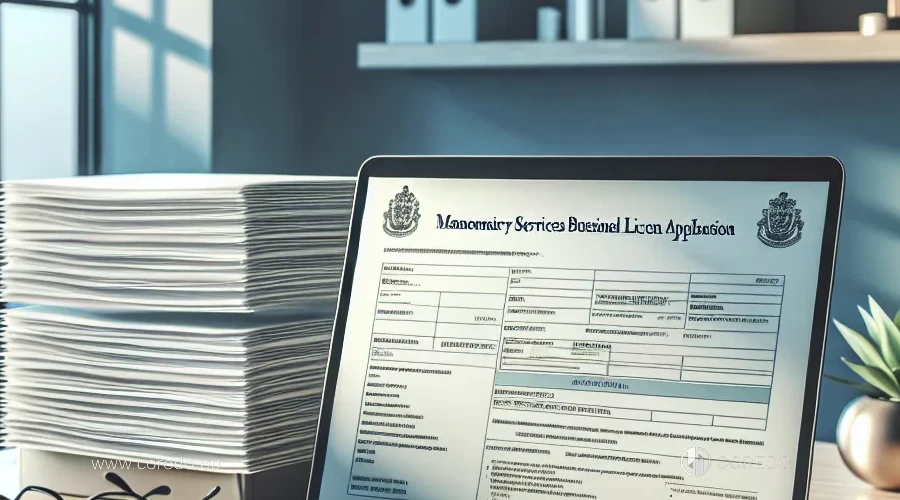The answer is obvious: cryptocurrency regulation in the USA: it’s a complex, rapidly changing ecosystem where licensing requirements for cryptocurrency activities in the USA vary not only at the federal level but also within each state. For international companies aiming to scale their business, obtaining a US cryptocurrency license becomes not just a legal formality but a strategic decision directly affecting market access, investment attractiveness, and business sustainability.
At COREDO, we regularly encounter cases where even innovative projects with strong teams cannot enter the US market due to mistakes in choosing the right license or incorrect assessments of regulatory risks. How to choose the right strategy? What types of licenses exist and what are their key differences? How to comply with the US AML requirements for cryptocurrency and avoid FinCEN fines? I have prepared this material as a practical guide for entrepreneurs and executives who need to understand not only the nuances of licensing but also how to build a reliable, scalable business model. Read the article till the end; here, you will find not only a systematic overview but also specific recommendations based on COREDO’s experience in supporting international crypto projects.
Cryptocurrency Licenses in the USA: Types and Regulation

Cryptocurrency licenses in the USA cover various types of activities and are subject to strict regulation both at the federal level and at the level of the individual states. Each type of license and supervisory body has its requirements, and any company planning to conduct cryptocurrency business in the USA faces a number of mandatory procedures and norms. Let’s review the main licenses and regulatory stages, starting with MSB registration and interaction with FinCEN.
MSB License and Registration with FinCEN

The key feature of US regulation is dualism: any company planning to launch a crypto exchange, wallet, or payment service must consider both federal and state requirements. At the federal level, the central role is played by the Money Service Business (MSB) license, issued by the Financial Crimes Enforcement Network (FinCEN), a division of the US Department of the Treasury.
The MSB license covers cryptocurrency exchange, digital asset storage, token and stablecoin operations. Registration with FinCEN is a mandatory condition for everyone involved in the transfer or exchange of virtual currencies, including non-residents if their services are available to American users. The COREDO team has repeatedly implemented projects for MSB registration for European and Asian startups, and our experience confirms: without this license, legal activity is impossible, and violation of FinCEN requirements is fraught with not only fines but also criminal liability for management.
MSB companies must implement comprehensive AML (Anti-Money Laundering) and CTF (Counter-Terrorist Financing) policies, appoint a compliance officer, ensure internal control, and regular reporting of suspicious activities (SAR), as well as notify transactions exceeding $10,000. Special attention is given to Due Diligence of clients and data protection.
BitLicense New York: What is it?

In addition to federal registration, most states require separate licensing of cryptocurrency activities. The most well-known and stringent example is the BitLicense in New York, introduced by the New York State Department of Financial Services (NYDFS). This license is mandatory for all companies conducting business with New York State residents and covers exchange, storage, token issuance, stablecoin operations, and even wallet development.
BitLicense imposes increased requirements on financial reserves, internal control, audit, AML/KYC procedures, and reporting. In practice, a solution developed by COREDO for entering the New York market always begins with a thorough evaluation of the business model: not all projects are ready to meet such strict standards, and sometimes it is more advisable to choose another state for a pilot launch.
In other states (California, Florida, Texas), the requirements vary: somewhere MSB registration is sufficient, elsewhere additional local licenses and separate financial reserves are required. COREDO’s practice confirms: the correct choice of state for registering a crypto business in the USA directly affects the timing, cost, and flexibility of further work.
Such differences are especially important when working with innovative products – such as stablecoins and DeFi: which, in some states, have separate licensing requirements.
Licenses for Stablecoins and DeFi

As the market develops, new types of licenses and regulatory requirements are emerging. For the issuance of stablecoins, the launch of DeFi platforms, or the tokenization of assets, separate licenses may be required, both at the federal and the state level. For example, a license for the issuance of US stablecoins often requires not only an MSB status but also registration as a money transmitter, and for cryptocurrency wallets and custodial services: separate permits for digital asset storage.
At COREDO, we have supported projects on DeFi product licensing, where the key challenge was integrating SEC and CFTC requirements, as well as ensuring compliance in the absence of a unified regulatory standard. Such experience allows us to develop flexible solutions for innovative products, minimizing regulatory risks, and accelerating market entry.
Thus, obtaining a license in the USA: is a multi-level process, for which it is important to consider both federal and local requirements, which is detailed in the following section.
Crypto License in the USA – Requirements

A crypto license in the USA sets strict requirements for companies working with digital assets: registration with the Ministry of Finance is obligatory, as well as the submission of regular reports and strict financial control. Some of the key conditions for obtaining and maintaining a license are compliance with AML, CTF, and KYC standards, without which access to the market is impossible.
AML, CTF, and KYC: Requirements in the USA
AML requirements in the USA for cryptocurrency are one of the most comprehensive and dynamically changing blocks. Any company applying for a US crypto license is required to implement a policy against money laundering, client identification (KYC), transaction monitoring procedures, and reporting on suspicious activities (SAR).
Financial Requirements for Business
Capital requirements for crypto-businesses in the USA depend on the state and type of license. For example, for a BitLicense in New York, the minimum capital is $500,000, for MSB in California, it’s $250,000, in Florida: $100,000, and in Texas: $50,000. Besides this, regulators require maintaining financial reserves.